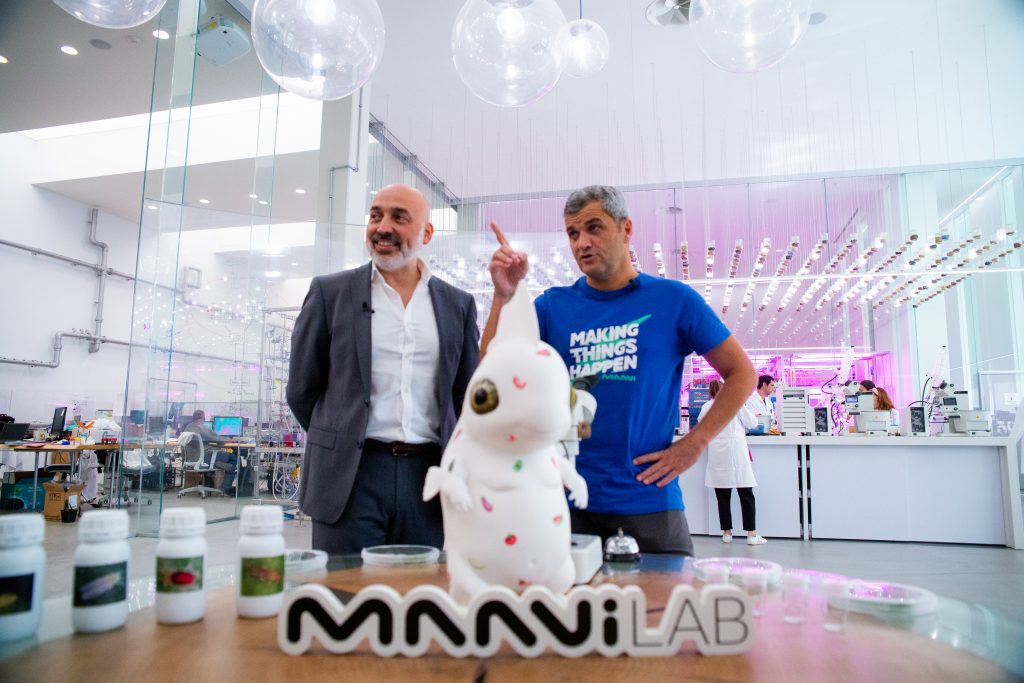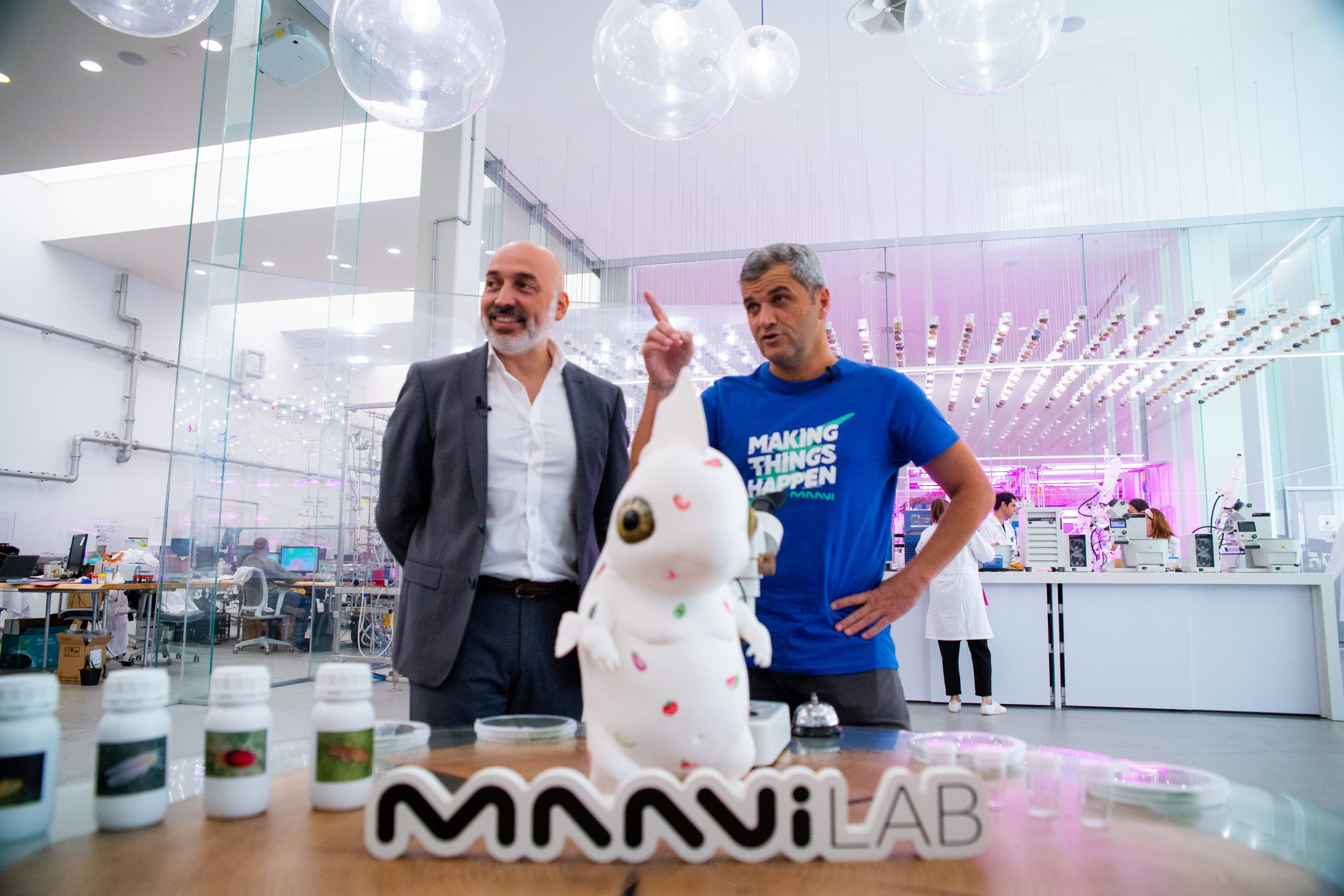Agroponiente accelerates efforts towards zero waste thanks to MAAVI Lab agreement with Kimitec
The CEO of Agroponiente, Imanol Almudí, and the CEO of Kimitec’s MAAVi Innovation Centre, Félix García, have signed a MAAVi Lab, a strategic collaboration agreement through which both companies will work together to accelerate the transition of Agroponiente towards a production free of chemical residues.
“If we want to be a leading company, we have to move ahead in zero waste, and Kimitec is the accelerator in terms of sustainability that will allow us to take that great leap,” said Almudí during the signing of the MAAVi Lab. “Sustainability is the pillar on which the future development of Agroponiente is based and the central phase of our business strategy involves eliminating the use of pesticides and chemical synthesis products from our production,” he said.
To this end, Kimitec’s MAAVi Innovation Centre will investigate the agronomic needs of Agroponiente and develop products of natural origin for the control of pests and diseases to replace traditional chemical synthesis, providing the same efficiency while increasing crop productivity without generating pollution.
“The idea is to accompany Agroponiente in its transition to completely residue-free cultivation in the coming years,” said García. In this way, the recently announced MAAVi Lab will accelerate Agroponiente’s corporate environmental commitment policy, with which they have already achieved a reduction in their carbon footprint of more than 45% in the last year and compliance with several of the UN SDGs, such as the sustainability of production systems, the efficient use of water resources, the reduction of food waste and the proper management of recycling.
In addition, Agroponiente’s MAAVi Lab aims to increase productivity, enhance the organoleptic properties of fruits and vegetables, extend post-harvest life and reduce the environmental impact of the company from Almeria.
The new European and global policies seeking to reduce the application of chemical products in crops have driven the search for natural solutions that are just as effective and affordable for companies needing to maintain productivity and the profitability of their crops.
This change in the food system to healthier, more sustainable products aligned with the objectives of the so-called European Green Pact in its Farm to Fork strategy must be accompanied by tools for farmers and producers, so that they can respond to the new regulatory scenario. without endangering economic viability.
As for producers, they are asking themselves: Who cares about our problems? Who supports us and provides solutions as producers? Who thinks of us? To this end, the MAAVi Innovation Centre has created its MAAVi Labs, making the R+D+i centre available to all, regardless of size, where they can find real solutions to their daily problems thanks to 15 years of experience of studying natural compounds at the largest biotechnology centre in Europe. These strategic alliances start from active listening and understanding the challenges, and end with products, which makes them unlike other research centres.
The prohibition of active materials resulting from the European Farm to Fork strategy makes it increasingly difficult to produce: “The market is changing, sustainability is no longer negotiable and has become a deep obligation that we assume with the hope of turning the sector round,” said Almudí. For García, the situation is as follows: “In the agricultural world there are two types of producers, those who actively seek solutions and those who wait for the solutions to come to them reactively.”
For García, Almería and Spain have to take a leap forward and abandon the practice of selling at any cost, instead relying on differential values to obtain greater profitability such as naturalness, sustainability, quality and extended post-harvest life of products. “R&D is going to be a tool, but so are many other advances such as the digitisation of farms or the use of drones,” said García.
“These types of agreements are aimed at large producers who want to anticipate the coming changes and be the first to reach zero waste while maintaining or improving their productivity,” said Félix García, CEO of Kimitec.




